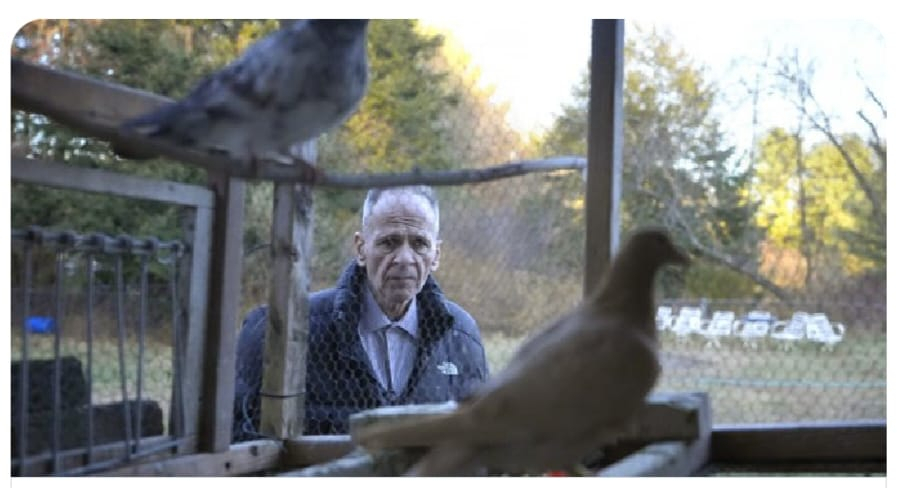Michael Sullivan, a Massachusetts man, has been awarded $13 million by a jury after spending nearly 30 years in prison for a murder he did not commit. However, state regulations limit payouts for wrongful convictions to $1 million, significantly reducing the award.
Sullivan, 64, was convicted in 1987 for the robbery and murder of Wilfred McGrath. He consistently denied involvement, maintaining his innocence throughout. A Massachusetts jury concluded that Sullivan was wrongfully convicted and that false testimony from a state police chemist contributed to the verdict, though it wasn’t the sole basis for his conviction.
Decades Lost Behind Bars
The wrongful conviction exacted a heavy toll on Sullivan’s life. During his incarceration, he lost his mother and four siblings. His girlfriend moved on, and he endured frequent violence in prison.
Sullivan described his experience as devastating. “It’s a tough life, especially for someone who knows they’re innocent,” he shared. He recounted being attacked multiple times, including incidents that left him with severe injuries to his nose and ear.
His sister, Donna Faria, stood by him through it all. The family never doubted his innocence and supported him with visits and calls. However, Faria lamented the years Sullivan lost, pointing out that he missed out on family milestones like marriage and having children.
DNA Evidence Clears His Name
Sullivan’s path to freedom began in 2011 when his lawyer, Dana Curhan, requested DNA testing on evidence used in the original case.
The tests found no traces of McGrath’s blood or DNA on the jacket prosecutors claimed tied Sullivan to the crime. The lack of blood or a DNA match shattered the prosecution’s narrative. Curhan highlighted the impact, saying, “The prosecutor had emphasized the bloodstains during the trial. Now, we know there was no such evidence.”
In 2012, Sullivan was granted a new trial and released the following year. By 2019, the state decided against retrying the case, citing the death of witnesses and faded memories.
Adapting to a Changed World
Despite his exoneration, Sullivan struggles to adjust to life outside. Having missed decades of technological and societal changes, he finds it hard to secure work or use a computer. He now lives with his sister, caring for her pets and doing chores.
Sullivan remains cautious about his financial award. He plans to save it for his nieces and nephews, saying, “That will make me very happy.” His lawyer has also sought therapy and educational services to help Sullivan rebuild his life.
Though free, Sullivan acknowledges the challenges ahead. “I’m still not fully adjusted to the outside world,” he admitted.
This case highlights the human cost of wrongful convictions, underscoring the need for justice and support for those affected.







